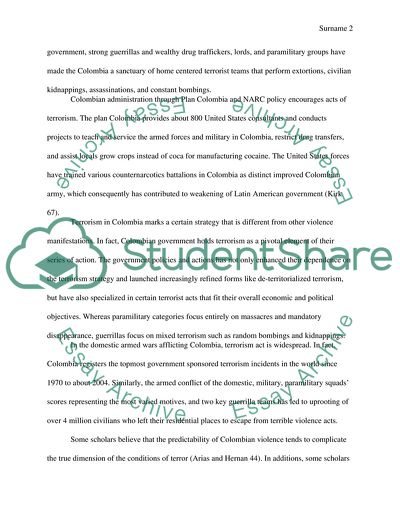Cite this document
(Why Governments Promote Terrorism Coursework Example | Topics and Well Written Essays - 1500 words, n.d.)
Why Governments Promote Terrorism Coursework Example | Topics and Well Written Essays - 1500 words. https://studentshare.org/politics/1784753-why-do-governments-promote-terrorism
Why Governments Promote Terrorism Coursework Example | Topics and Well Written Essays - 1500 words. https://studentshare.org/politics/1784753-why-do-governments-promote-terrorism
(Why Governments Promote Terrorism Coursework Example | Topics and Well Written Essays - 1500 Words)
Why Governments Promote Terrorism Coursework Example | Topics and Well Written Essays - 1500 Words. https://studentshare.org/politics/1784753-why-do-governments-promote-terrorism.
Why Governments Promote Terrorism Coursework Example | Topics and Well Written Essays - 1500 Words. https://studentshare.org/politics/1784753-why-do-governments-promote-terrorism.
“Why Governments Promote Terrorism Coursework Example | Topics and Well Written Essays - 1500 Words”. https://studentshare.org/politics/1784753-why-do-governments-promote-terrorism.


